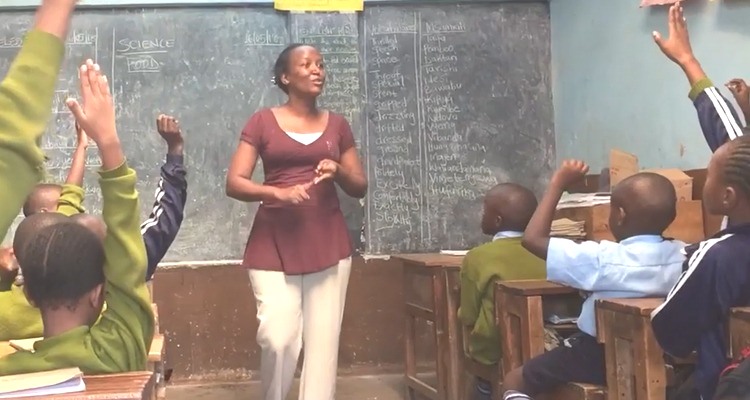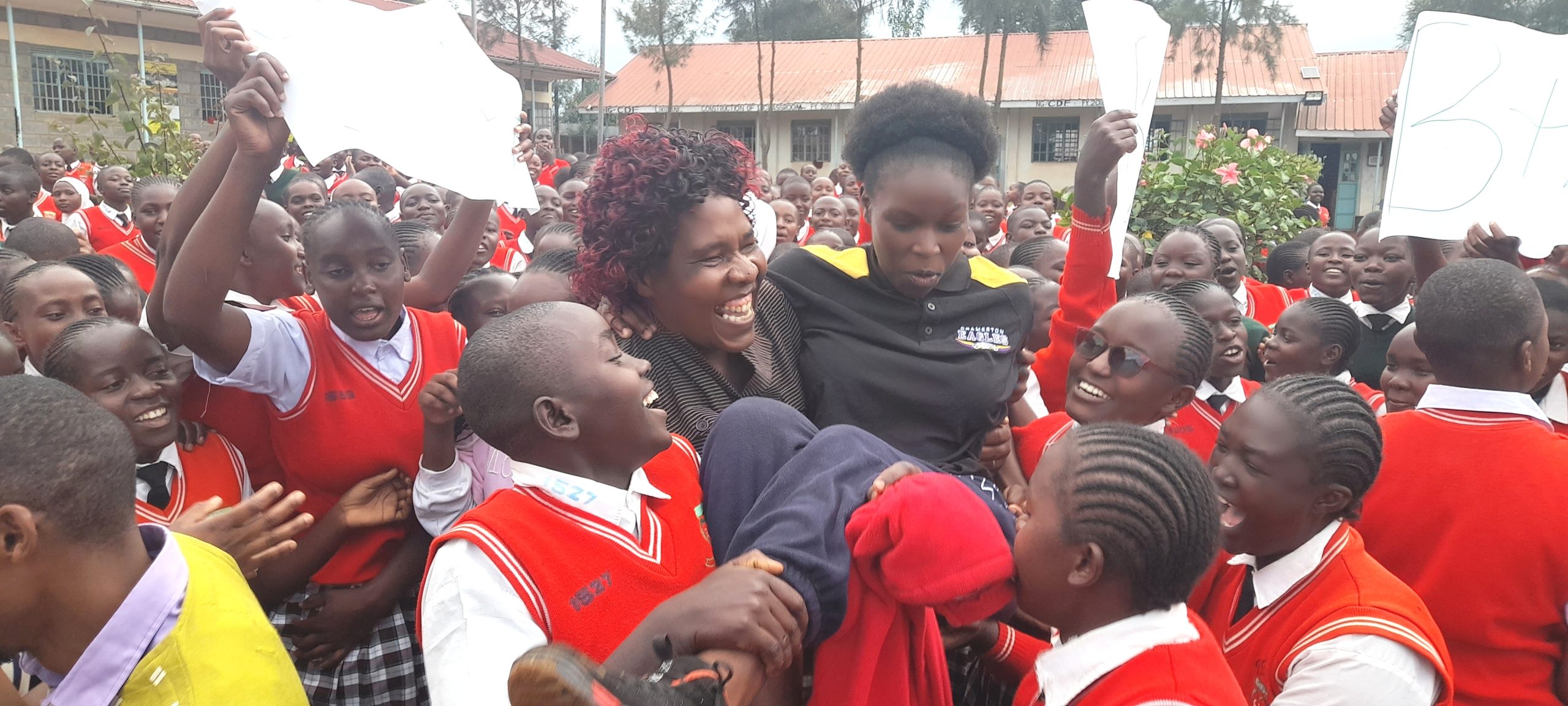Ideally, some reasons that lead to poor performance in KCSE exams include; (a) Failure to launch the Form Four programme in the nick of time, (b) poor planning, (c) failure to address emerging trends in setting and marking of KCSE, (d) lack of teamwork in the school, (e) poor exam preparation strategies, (f) failure to nurture character and discipline in candidates, (g) failure to assist struggling students, (h) failure to train candidates on the art of examination, (i) embracing success-limiting policies, and (j) poor finishing strategies.
Schools should never fix reasons for poor performance by compromising exam integrity for the shame of cheating can be uglier than poor performance. Schools should focus on fair play because shortcuts are always wrong cuts. Sometimes, bad things that Principals do have a boomerang effect, they come back to hit them hard.
Firstly, school arrowheads should swing into action and launch the Form Four Programme as early as possible. Let Form 4 students know that they are candidates before it is too late. It is imperative to constitute and consolidate a formidable Form 4 dream team which will implement the rigorous academic programmes in the candidate class. There should also be a periodic review of the programme, and as stated in Best Academic Practices, there should be data-driven decision-making.
Secondly, the sage said that failure to plan is planning to fail. Therefore, schools should have well-thought-out plans. The powers-that-be should pow-wow academic strategic meetings where they mobilise key stakeholders to become generators of good ideas pertaining to peak performance. Schools should develop Academic Action Plans for the three terms and also embrace an episodic revision model, develop timetables for every puissant programme, and have periodic reviews.
Thirdly, in the bid to address emerging trends in setting and marking of KCSE examinations, schools should study and impressively implement recommendations pointed out in the KNEC reports. Teachers should be ready to attend seminars and workshops so that they keep abreast with the trends in their subjects of specialisation. Candidates should be encouraged to revise and review plenty of past papers.
Consequently, a lack of teamwork invites dismal failure. No wonder, school heads should foster teamwork and encourage the staff to demonstrate it. The word TEAM stands for Together Everyone Achieves More. Somehow, in the 17 Indisputable Laws of Teamwork, Dr. John C. Maxwell posits that for the dream to work there must be teamwork. The dream is the overall mean score the school yearns to scoop. The dream is the career every candidate longs to pursue after high school, which is impossible with disgraceful grades. Ipso facto, teamwork comes through bonding and team building. There should be inter-departmental bench-marking and team teaching.
Moreover, exam requires plenty of practice and preparation. Preparation is both academic and psychological. When students have adequate academic preparation, they can hardly succumb to psychological challenges such as exam fever and panic. Teachers should ensure that students master and memorise content. Schools should run three significant systems: teaching, testing, and monitoring and evaluation. Teachers should teach, test and re-teach some areas in addition to expanding learning time through remedial programmes.
Then, schools should implore students to go the extra mile, to stretch, sacrifice and pay the price for good grades for no price, no prize. Precious things are also products of pressure.
Again, in the 15 Invaluable Laws of Growth, there is the law Dr. John C. Maxwell calls the Law of the Rubber Band. He postulates that rubber bands are useful because they can stretch. Human beings also become useful only when they stretch.
In addition, without comely character and discipline, candidates fail and fall flat. Therefore, schools should focus on programmes that lead to holistic character formation. In order to awaken their moral and spiritual consciousness, school arrowheads should strengthen spiritual programmes, guidance and counselling. Most importantly, they should deal firmly with impudent students.
In the whole scheme of things, every candidate class has the head, body and tail. Schools that want to show their shine and sheen should push (fatten) the head as they cut (reduce) size of the tail. In most cases, schools have the propensity of focusing on high achievers (head) but forget about struggling students (tail). Yet, taking the analogy of a snake, when you want to kill it, you hit the head hard. But when you want to confirm whether it is indeed dead, you touch the tail. The tail is also the hub of poison.
Therefore, schools should come up with stupendous strategies to assist struggling students. They should fill learning gaps. There should be ability grouping and data-driven decision-making. Teachers should serve more RATs. There should be more remedial lessons, more consultations blended with active and productive group discussions. More should be done in relation to the ‘a must come areas’, commonly known as the Table of Specification (ToS) or Test Blueprint.
In fact, secondary schools that want candidates to evince academic excellence should focus on the art of examination. The unique technique is that after completion of the syllabus, teachers should schedule subject-based seminars and symposiums. They should invite guest subject experts to polish pale parts, dot the I’s and cross the T’s.
The central plank of teaching the art of examination is to run an effective examination system. Candidates should know the trends in setting and marking of exams. They should know marks allotted to every question, points required and grievous goofs that invite penalties.
Likewise, they should know how to plot work on paper, areas where they can scoop free marks, and be sensitised on the format of exam papers. Ostensibly, schools that shine as stars in exams help candidates finish the race with great grace, bravery and bravado, strength and stamina. How? They develop a holistic homestretch programme. They compel candidates to finish the last lap like champions.
Finally, candidates should work on — Strengths, Weaknesses, Opportunities and Strengths (SWOT Analysis). Both candidates and teachers focus on the 3Gs — Energy, Synergy and Strategy. People do their best, and leave God to do the rest. Proverbs 21:31 posits, “A horse is prepared for the day of battle, but victory comes from the Lord.”
© Victor Ochieng’
The writer rolls out academic talks and training programmes. vochieng.90@gmail.com. 07044420232
Get more stories from our website: Education News
To write to us or offer feedback, you can reach us at: editor@educationnews.co.ke
You can also follow our social media pages on Twitter: Education News KE and Facebook: Education News Newspaper for timely updates.
>>> Click here to stay up-to-date with trending regional stories






